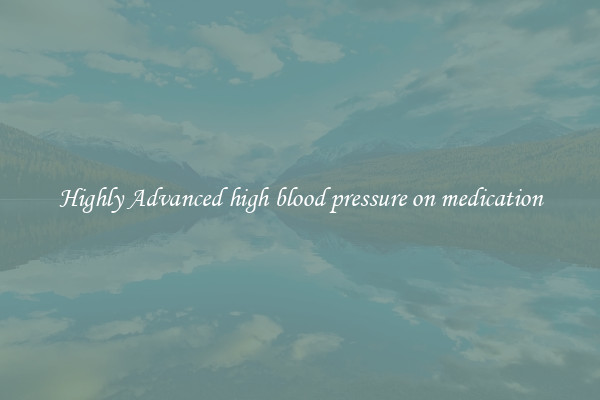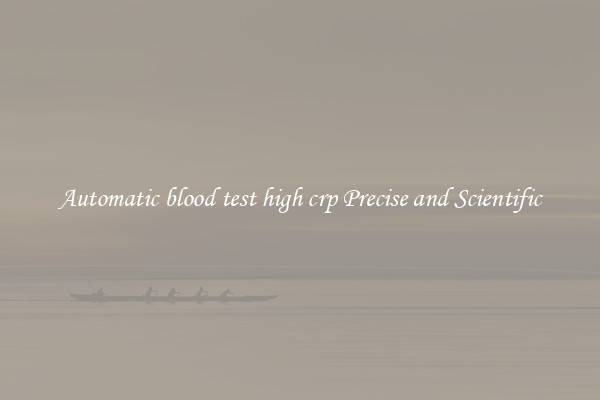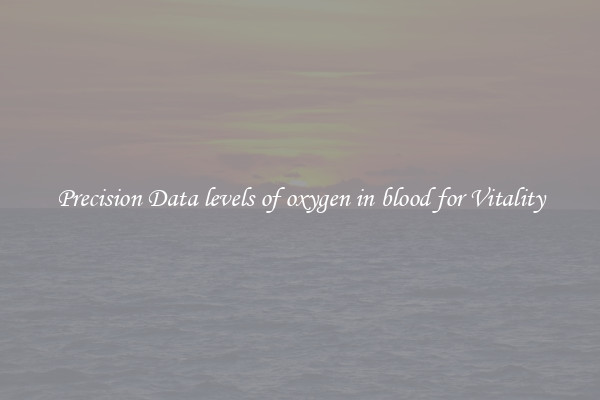Highly Advanced high blood pressure on medication
High blood pressure, also known as hypertension, is a serious and widespread condition that affects millions of people worldwide. It occurs when the force of blood against the walls of the arteries is consistently too high, leading to potential damage to the blood vessels and organs. Fortunately, medical advancements have improved the treatment options for high blood pressure, providing patients with highly advanced medications that effectively manage the condition.

Highly advanced high blood pressure medications are designed to lower blood pressure levels and reduce the risk of complications such as heart disease, stroke, and kidney damage. These medications work by targeting various pathways that regulate blood pressure within the body.
One of the most commonly prescribed categories of medications for high blood pressure is angiotensin-converting enzyme (ACE) inhibitors. ACE inhibitors prevent the production of a hormone called angiotensin II, which narrows blood vessels and increases blood pressure. By blocking the action of angiotensin II, ACE inhibitors help relax and widen blood vessels, reducing blood pressure.
Another class of medications used for high blood pressure is angiotensin II receptor blockers (ARBs). ARBs block the effects of angiotensin II, similar to ACE inhibitors, but they work by specifically targeting the receptors for this hormone. By doing so, ARBs help reduce blood vessel constriction and lower blood pressure.
Calcium channel blockers are also highly advanced medications commonly prescribed for high blood pressure. These medications prevent calcium from entering the muscle cells of the heart and blood vessels, thereby relaxing and widening the blood vessels, leading to decreased blood pressure.
Diuretics, or water pills, are another essential class of medications used to treat high blood pressure. Diuretics help lower blood pressure by promoting the excretion of excess salt and water from the body, reducing the overall volume of blood circulating through the blood vessels.
In some cases, multiple medications may be prescribed to effectively manage high blood pressure. Combination therapies can provide more significant blood pressure reduction by targeting different mechanisms of pressure regulation.
It is important for patients to work closely with their healthcare provider to find the most suitable and effective high blood pressure medication. Monitoring blood pressure regularly and making lifestyle modifications, such as maintaining a healthy diet, engaging in regular exercise, and managing stress, are also essential components of managing high blood pressure.
Highly advanced high blood pressure medications have revolutionized the treatment of this condition, allowing patients to effectively control their blood pressure levels and reduce the risk of complications. With ongoing research and development in the field, the future holds the potential for even more advanced and targeted therapies for high blood pressure.

View details

View details

View details

View details








